A Century of West Himalayan Orchids
Orchids are one of the most wondrous creations of nature, which provide a never-ending source of unique plants with an extremely wide range of flower shapes, colors, fragrances, and sizes. orchids are most popularly used as ornamental plants for their flowers or for brilliantly decorative foliage incase of jewel orchid group but, in addition they have various other uses also like curing various diseases and in health care.
The family Orchidaceae is one of the oldest known and the largest family of flowering plants in the world but still it is one of the least known mainly die to its discouraging high number of species and their wide distribution. Estimated between 25000 to 30000 species with over 800 genera, they are found in almost every nook and corner of this globe. In India the orchid family is the second largest family of flowering plants and is represented by about 178 genera and 1280 species. Though orchids in India are cosmopolitan in distribution their maximum number and diversity is found in the Himalayas, North Eastern region and Western Ghats. The Western Himalayan region supports a rich orchid flora comprising of more than 270 species of which the state of Uttarakhand or the west Himalaya alone harbors about 239 species. The book A Century of West Himalayan Orchids deals with 100 interesting and unusual species of orchids. The introductory chapters provides a brief but lucid account of the history of orchidology including the first reported orchid fossil, detailed vegetative and flower structure of orchids excellently supported by relevant colour photogrpahs.
Contents: 1. The family Orchidaceae. 2. A brief history of Orchidology. 3. Orchidology in India. 4. General morphology of Orchids. 5. The West Himalayan Orchids. 6. Physiography of West Himalaya. 7. A brief history of plant exploration in West Himalaya. 8. Vegetation of West Himalaya. 9. Orchids of West Himalaya. Bibliography. Index to plates, Index to plants names.
Get it now and save 10%
BECOME A MEMBER

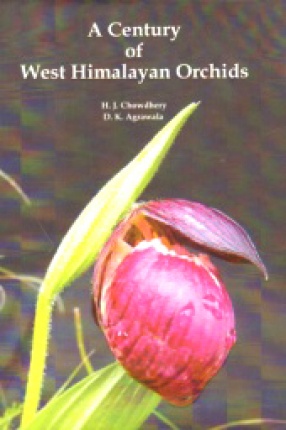
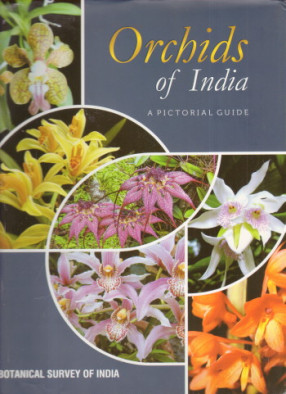
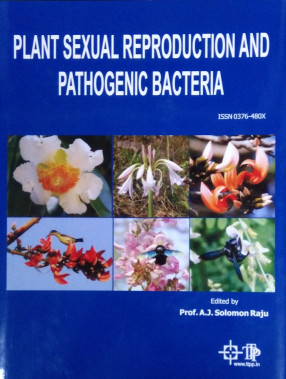
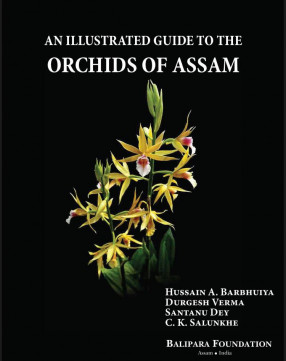
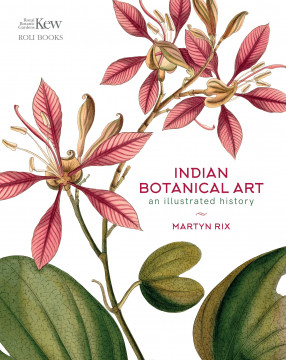
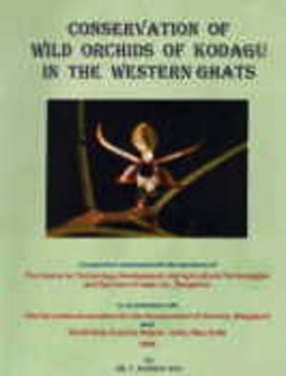

Bibliographic information
D.K. Agrawala